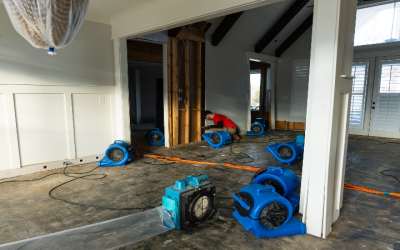You might see it in a construction worker’s toolbox. Or, maybe you’ve seen it in your attic. Metal foil tape or foil tape is a common adhesive tape used on construction sites or in the climate control industries. It is mainly used in situations that require heat resistance, resistance against harmful chemicals, a barrier against climate erosion, or protection in extreme temperatures (both hot and freezing).
Most Metal Foil Tape are manufactured with an acrylic adhesive which allows the metal strip to stick tightly and securely to the surface of an object. The strong adhesive also prevents moisture, vapours and other airborne compounds from slipping through the seams. Noise reduction and dampening are other additional features that may be incorporated into certain variations of the product.
Aluminum Tape
There are several kinds of metal foil tapes, but the primary types are aluminium and lead. Aluminum foil tape has the following qualities:
- Moisture and Chemical Resistance
- Can protect surfaces against damage caused by water or chemicals. Some premium tapes are commonly used during aircraft paint stripping applications.
- Heat and Light Reflective
- Protects against heat damage and can also improve visibility in work areas by reflecting the light produced by surrounding light sources.
- Flame Resistant
- Creates a protective barrier against open flames.
- Weather Tolerant
- Stands up against the wear and tear of the outdoors, including climate and temperature fluctuations.
Lead Tape
Lead tape has similar qualities to aluminum tape, but it also has more specific uses. These are the features of lead tape:
- Electrically Conductive
- Allows the transmission of electrical charges through the surface of the tape. Many lead foil tapes are also good thermal conductors.
- Acid Resistance
- Useful on etching, milling and plating jobs.
- Mouldable
- Extremely flexible and malleable. This feature can be extremely helpful in applications where conformability is important.
- Dense
- Useful in instances where weight needs to be balanced out.
- X-ray Opacity
- Acts as a barrier against x-ray damage.
Storage and Everyday Uses
Metal tape should be stored at room temperature for optimal adhesiveness. Extreme heat and cold will damage the adhesive system prior to use. In the home there may not be very many opportunities to use metal foil tape, which is why it’s a good idea for homeowners to keep track of how long a particular roll of tape has been in their toolbox. Depending on the manufacturer’s shelf life, any tapes should be replaced every one to two years.


